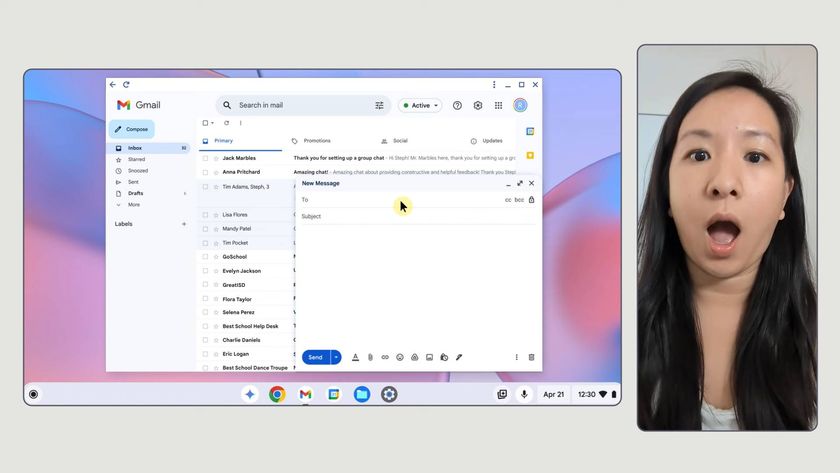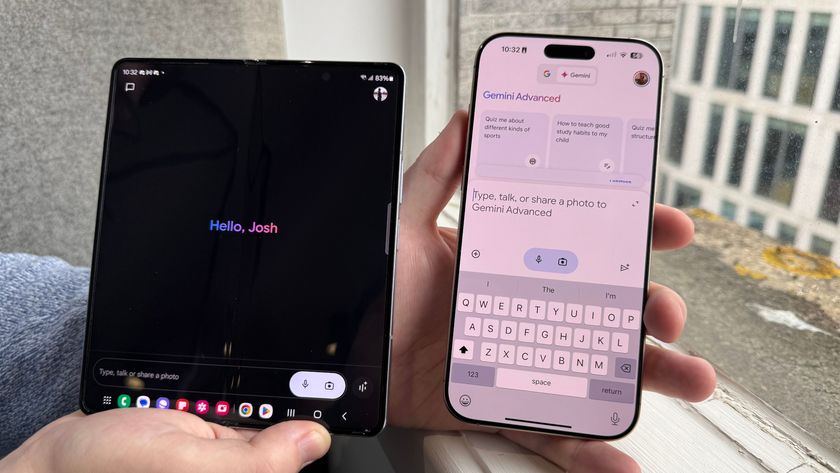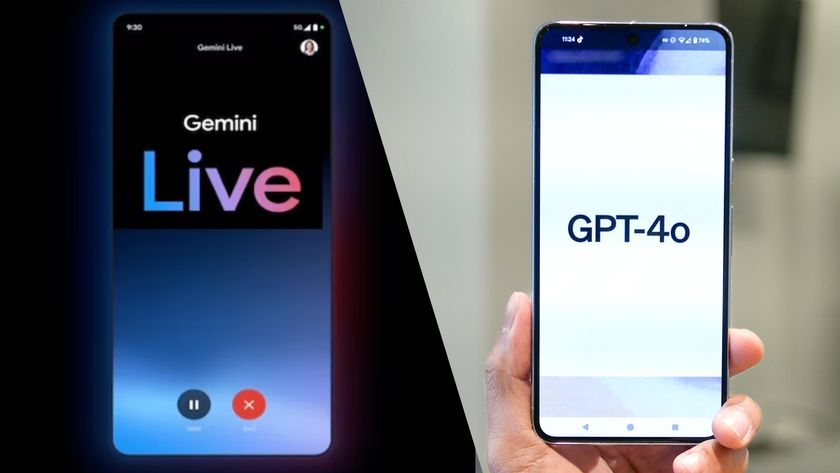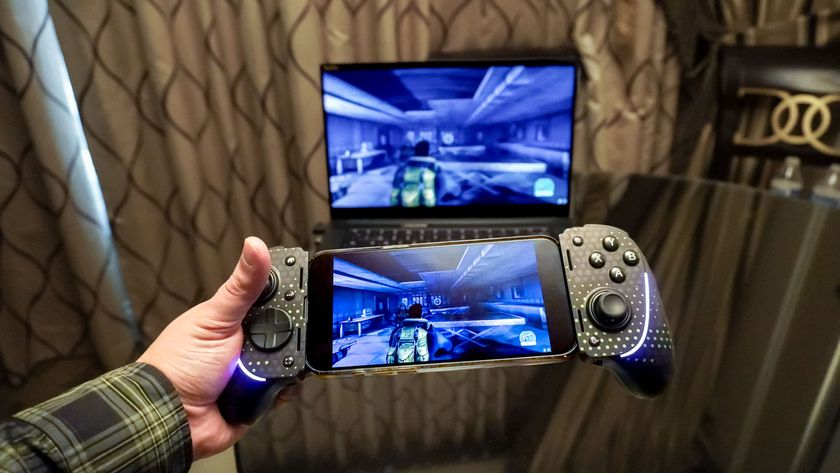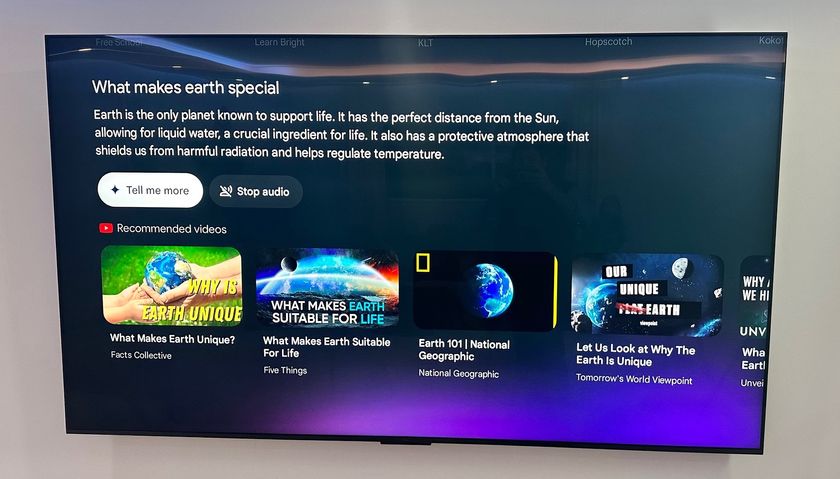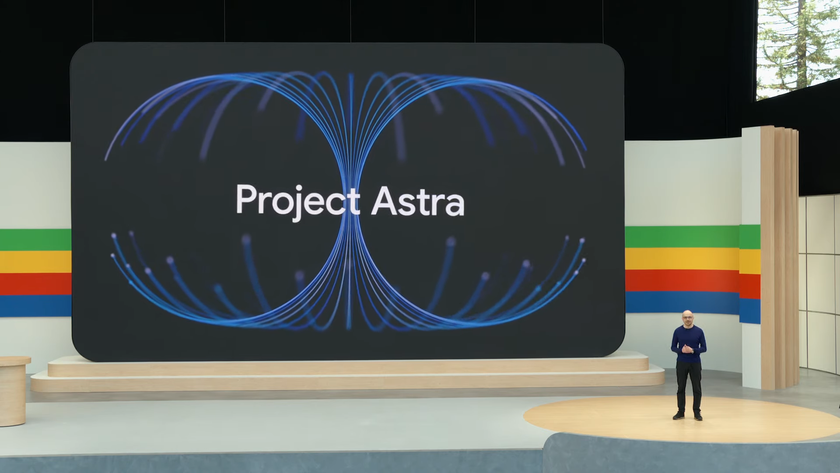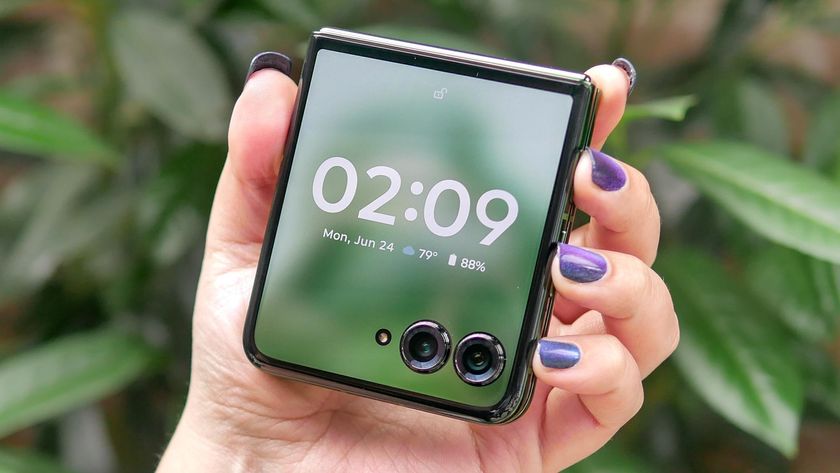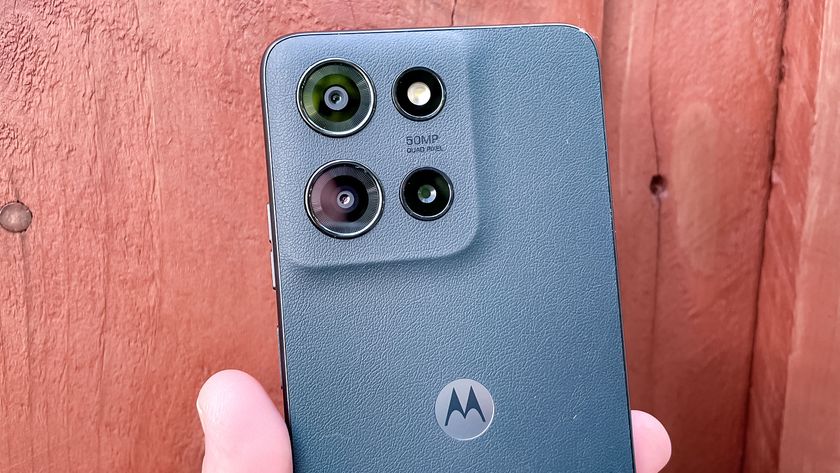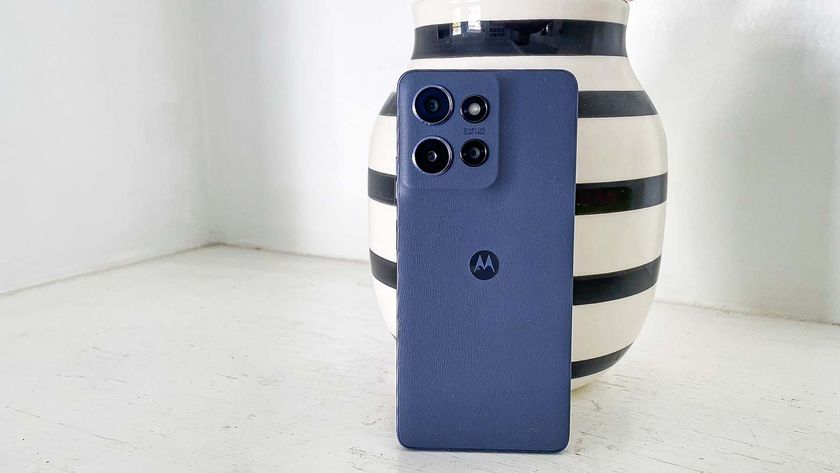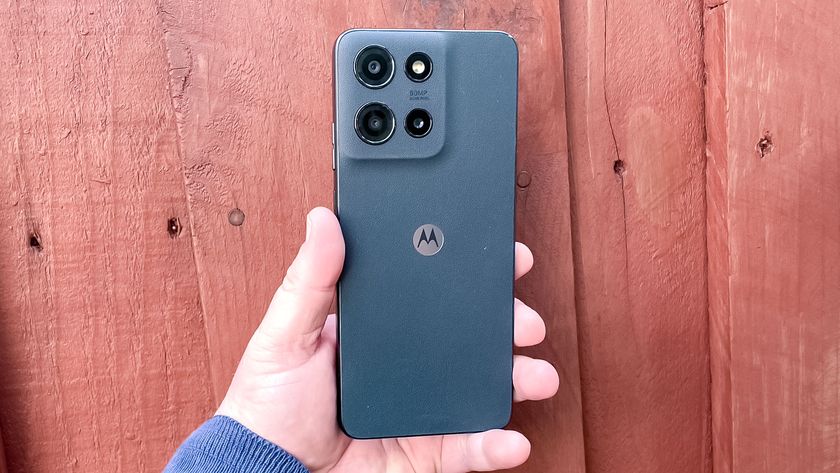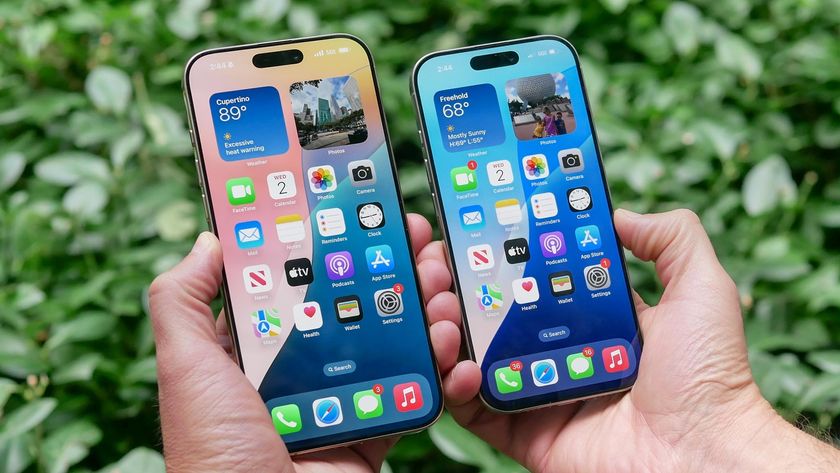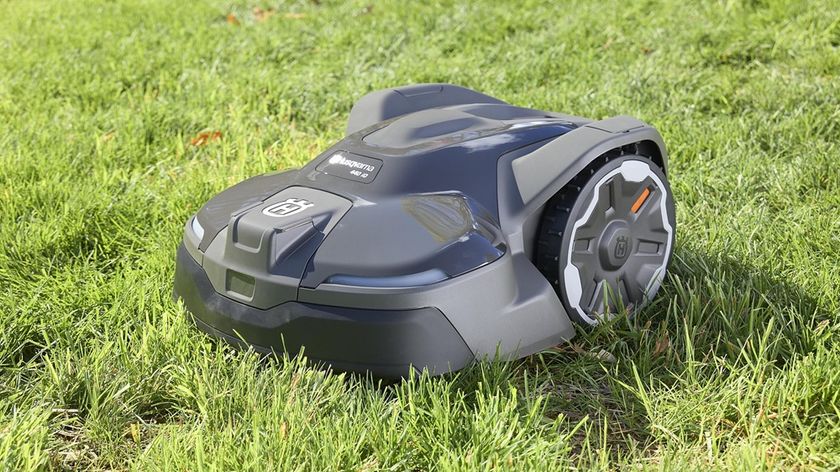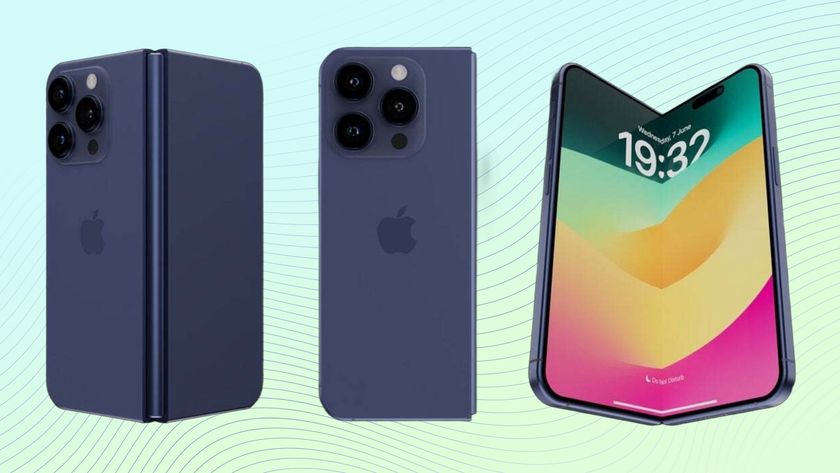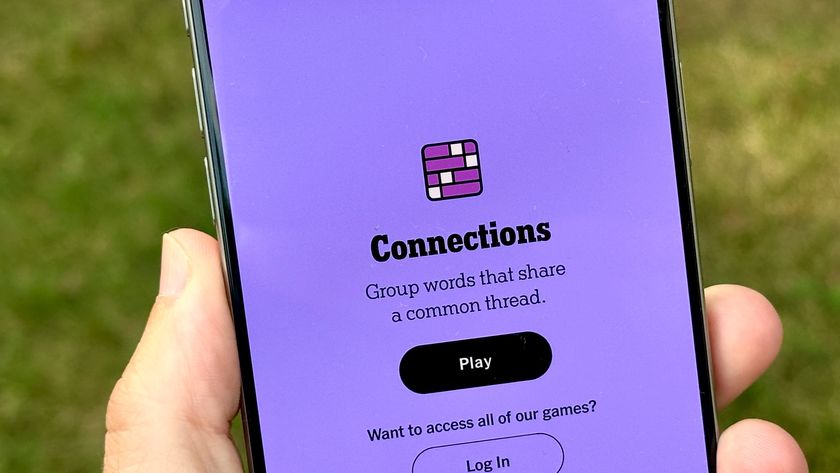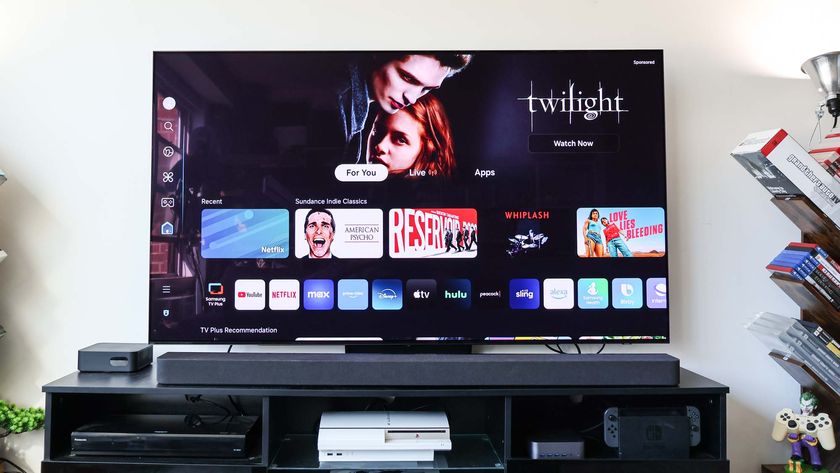Google’s Project Gameface lets you control games with your face — here’s how
Ditch the touchscreen controls and use your face to game
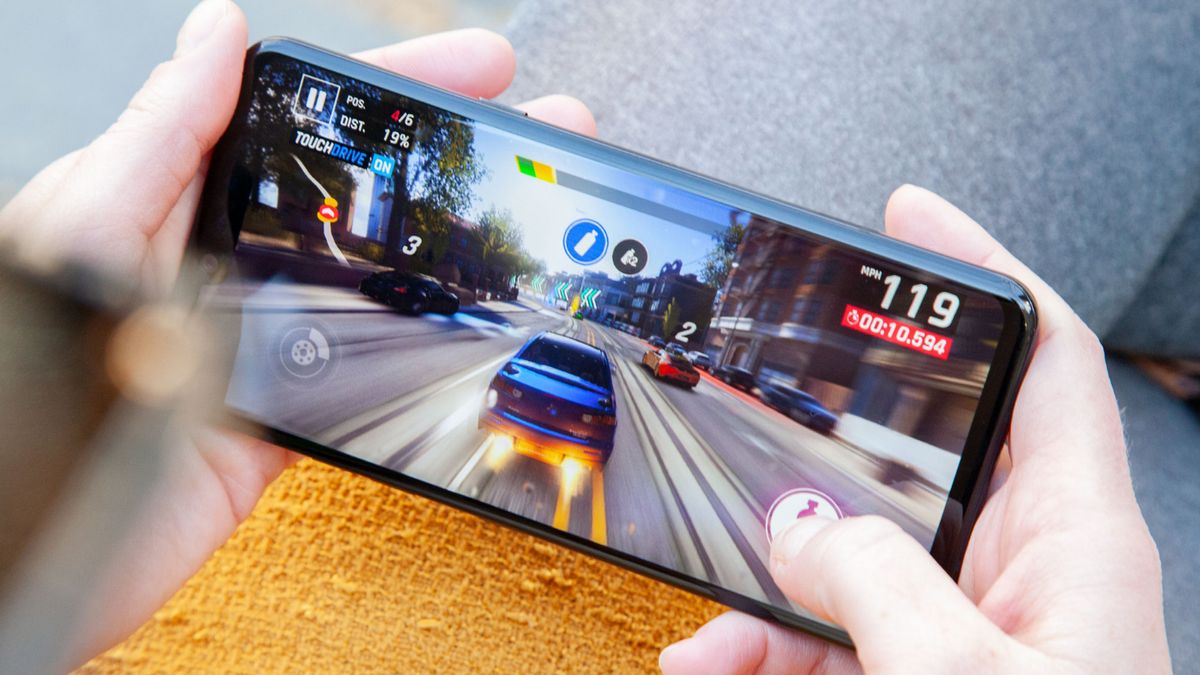
While the Google I/O 2024 keynote went pretty heavy on AI, we’re still expecting a bunch more announcements from the rest of the conference. And one of the things Google has already announced is “Project Gameface”, an open-source feature that lets you control Android’s “gaming mouse” using your face.
At the moment Project Gameface is an accessibility feature that’s only available for developers. So it’s entirely up to them whether the feature is actually integrated into mobile games on Android. But just because this is accessibility-focused doesn’t mean that everyone couldn't benefit from a feature like this.
I’ve always found smartphone gaming very frustrating, because it doesn’t mix well with a lot of traditional games that require pressing buttons. I’ve been trying to replay classic Sonic the Hedgehog games recently, and while readily available on Android I’m finding them very difficult to control without the use of a controller. If facial expressions can add an extra control option, then I am all for it.
The idea behind Project Gameface is that it utilizes the device’s camera and a set of facial expressions sourced from MediaPipe’s Face Landmarks Detection API. Those expressions are then used to control the “cursor” (or what passes for it on Android touchscreens) by translating your facial and head movements into actual commands.
Developers will also be able to configure and customize how those commands actually play out, noting the ability to customize expressions, gesture size, cursor speed and more. The feature won’t be exclusive for games either, with Google partnering with Incluzza to offer Project Gameface in other places — like work, school and social situations.
Hopefully developers will take this seriously, and offer this kind of gesture control in their apps. The last thing we want is for Project Gameface to end up ignoring and neglecting Google’s Soli gesture controls that were exclusive to the Pixel 4. Though since Gameface doesn’t require any specific hardware, and uses open source software in its implementation, that shouldn’t happen.
More from Tom's Guide
- Well played Google! DeepMind shows off Project Astra watching the OpenAI ChatGPT Voice announcement
- Circle to Search on Android could get a barcode scanner — here's what to expect
- I just played Pictionary with Google’s Project Astra — and now I understand the Gemini 1.5 hype
Sign up to get the BEST of Tom's Guide direct to your inbox.
Get instant access to breaking news, the hottest reviews, great deals and helpful tips.

Tom is the Tom's Guide's UK Phones Editor, tackling the latest smartphone news and vocally expressing his opinions about upcoming features or changes. It's long way from his days as editor of Gizmodo UK, when pretty much everything was on the table. He’s usually found trying to squeeze another giant Lego set onto the shelf, draining very large cups of coffee, or complaining about how terrible his Smart TV is.
